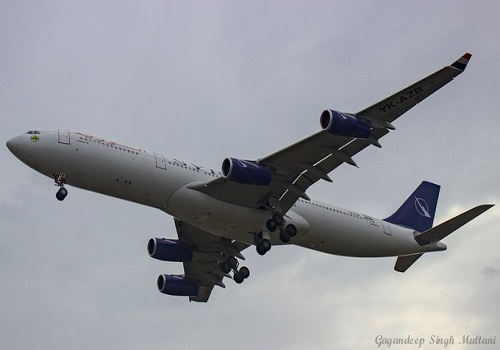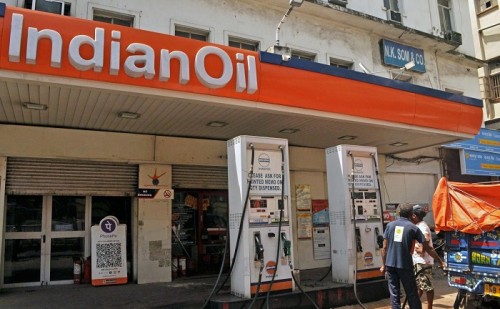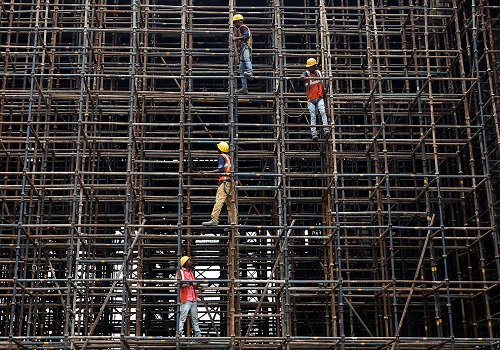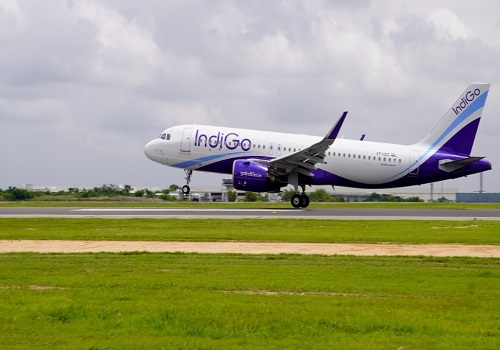Airlines gain altitude, but will fly into losses this fiscal, too

Follow us Now on Telegram ! Get daily 10 - 12 important updates on Business, Finance and Investment. Join our Telegram Channel
Domestic airlines are expected to log net losses in FY22 on the back of lower domestic air traffic compared with pre-pandemic levels, together with high fuel prices, ratings agency Crisil said.
However, the agency said that these net losses will be 35-40 per cent below the ones reported for fiscal 2021 mark at Rs 9,500- Rs 10,000 crore.
A Crisil Ratings study of the top three airlines, which account for 78 per cent of total passenger traffic, noted: "A resurgence of Covid-19 infections across the country -- especially in Mumbai and Delhi, which account for 36 per cent of overall air traffic - is expected to stall the recovery seen over the past six months."
"In fact, average daily domestic passenger air traffic has fallen in April by almost 20 per cent to 2.35 lakh compared to February 2021."
Nonetheless, it said that domestic traffic, which accounts for 75 per cent of airline revenues, is expected to surge 120-130 per cent this fiscal on a low base though it will still be significantly lower at 70 per cent of fiscal 2020 level.
"Domestic traffic fell 85 per cent in the first half of last fiscal due to lockdowns and restrictions on operations," said Gautam Shahi, Director, Crisil Ratings.
"Despite the second wave-induced fresh curbs, which will temper recovery, domestic traffic in the first half of this fiscal is likely to be 3.5-4 times higher on-year, on a low base. The second half should see good recovery in traffic, supported by acceleration in the vaccination drive and people gradually taking to travel after prolonged stay at home."
Besides, a gradual recovery in international operations in the second half of fiscal 2022 will also boost traffic, it said.
But, airlines have also seen their cost of operations spurt due to a rise in the price of aviation turbine fuel (ATF), a key cost head for them.
"The price, which remained low until November 2020, limiting their losses, has shot up 30 per cent since then," the report said.
"This will offset the benefits from some of the initiatives the carriers undertook to reduce cost - employee costs, rentals, etc. - last fiscal, and which are being carried forward into the current fiscal."

























